Feeling hot? And then cold? And still got your big coat to hand? Over the last two years, the number of extreme weather events in Europe has increased by almost half. The continent, including the UK, saw more than 16,000 events in between 2023 and 2024 – compared to 11,000 between 2021 and 2022. But what does this mean for food?
In short, it’s not cause for celebration. Extreme weather and disruptions affect supply chain, and this doesn’t just mean we start to run out of KFC chicken. As of 2023, progress toward achieving Sustainable Development Goal (SDG) 2, Zero Hunger was significantly off track, with more than 250 million people facing food crises. That’s why, recognising the persistence of food insecurity, the World Bank has identified Food and Nutrition Security (FNS) as one of its six global challenge programs (GCPs) requiring concerted action.
While we can’t change the weather, we can change what we do.
Supermarket flexibility
Supermarkets are listening to the concerns of farmers and are adapting their policies in line with unavoidable changes in circumstances. Tesco is temporarily accepting smaller sprouts, cauliflowers, cabbages, and leeks to help UK farmers, and Asda and Waitrose have similar allowances. This means British produce is used and not wasted, with farmers getting much-needed income and avoiding supply shocks that focus on importing. More of the same will help.
Just In Time inventory
The Wall Street Journal suggests that companies have been reluctant to build new stockpiles following a hoarding period trend that spiked in 2020, but we also know just-in-time inventory systems increase risk especially as the climate works against us. Maintaining higher levels of inventory reserves for critical components can provide a buffer against supply chain interruptions. This could be an approach that allows businesses to continue operations while alternative solutions are implemented. Our suggestion? Obviously, a system like Orderly is going to support how you handle supply chain and stock.
Government-enforced trade agreements
With our own election top of mind, it’s key, as The Grocer suggests, to have ‘effective, resilient and evolving UK food supply chain. (This) requires an EU import model and global trade agreements that ensure the smooth flow of temperature-controlled products into and out of the UK.’ Hopefully the elected leader will put this front and centre.
Improved transportation options
More tangibly, improved refrigerated supply chains could save nearly half of global food waste, according to research from the University of Michigan. At the same time, fully refrigerated supply chains, or ‘cold chains’, could cut food waste-related emissions of climate-warming greenhouse gases (GHG) by 41 per cent globally, according to the study (The impact of refrigeration on food losses and associated greenhouse gas emissions throughout the supply chain). If this is an area you can influence, it could be worth spending more now.
AI-driven retail and supply chain planning
As mentioned in our previous articles on AI and supply chain, just 24% of companies have integrated AI into operations. That’s surprising. The good news is it’s changing. Enterprises like Starbucks forecast, order, and manage stock with AI support, designed for the dynamic needs of the food and beverage industry.
New studies show that this is the perfect time for revolution. When asked about the top organizational inhibitors preventing retailers from innovating, RSR research respondents cited legacy technologies. In CBInsights research, funding to supply chain and logistics tech was a concern. The fact is, now is the time we all need to make changes, and Orderly makes it easy to adapt your business to the world of today with far less business disruption than you might think.


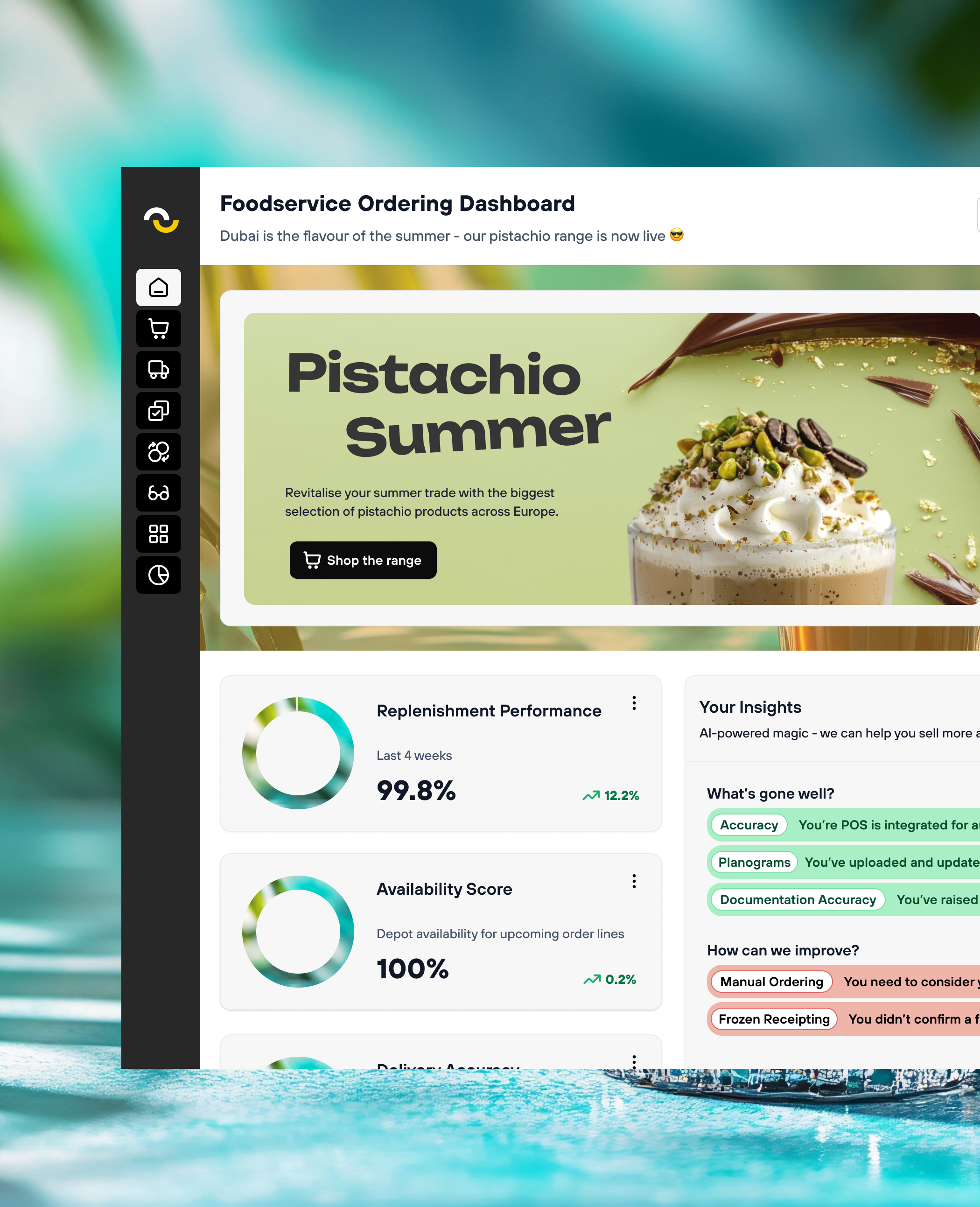

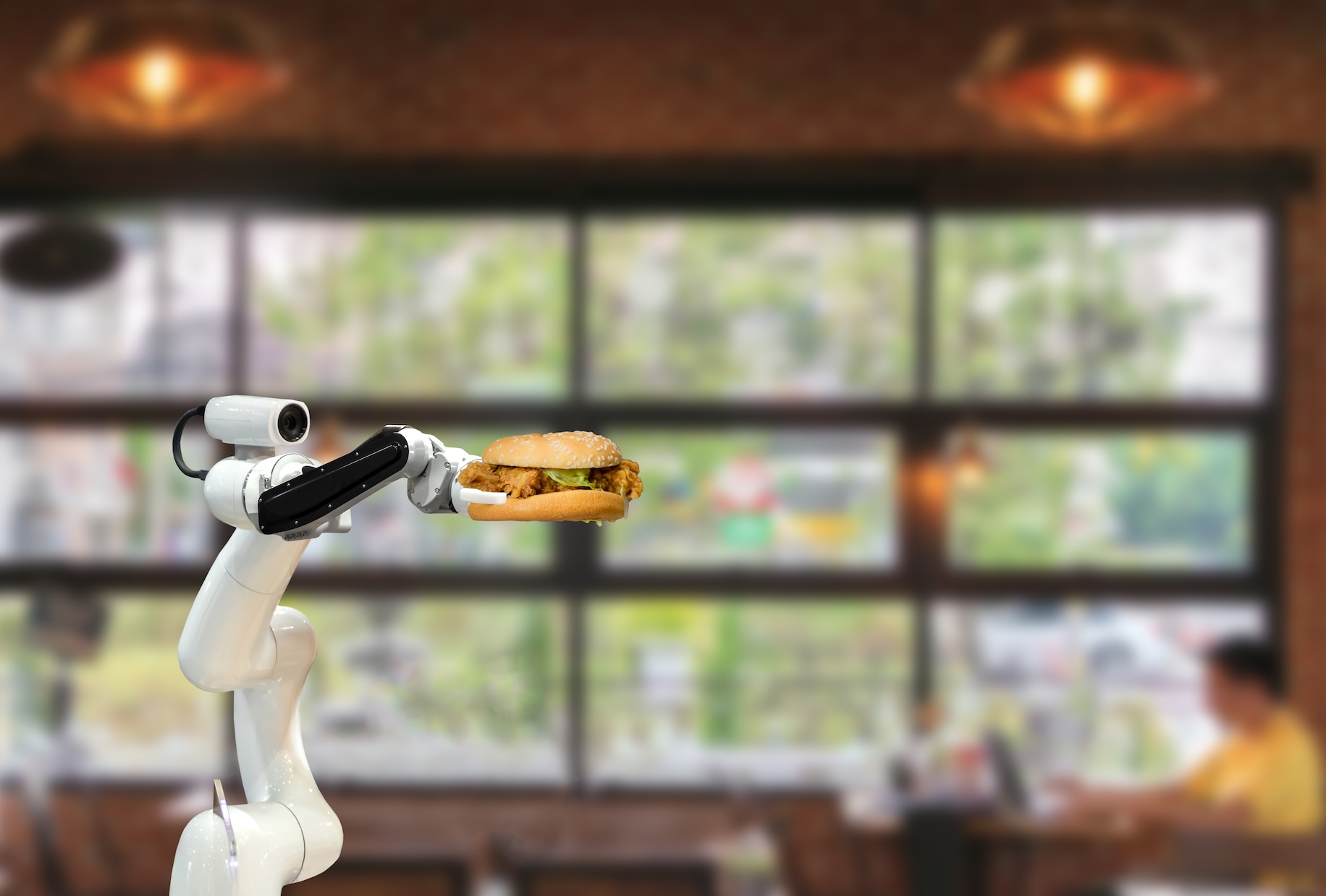
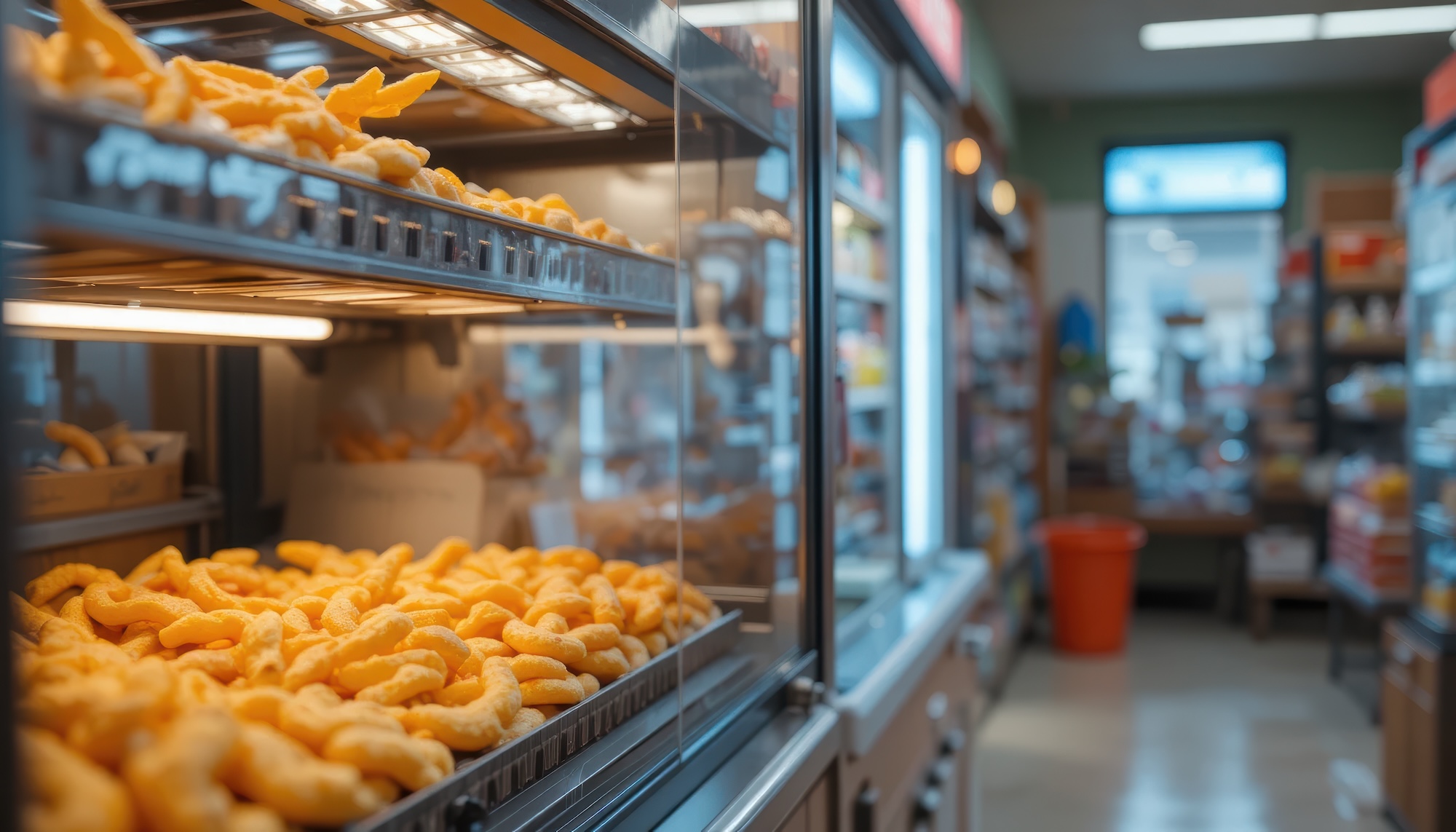

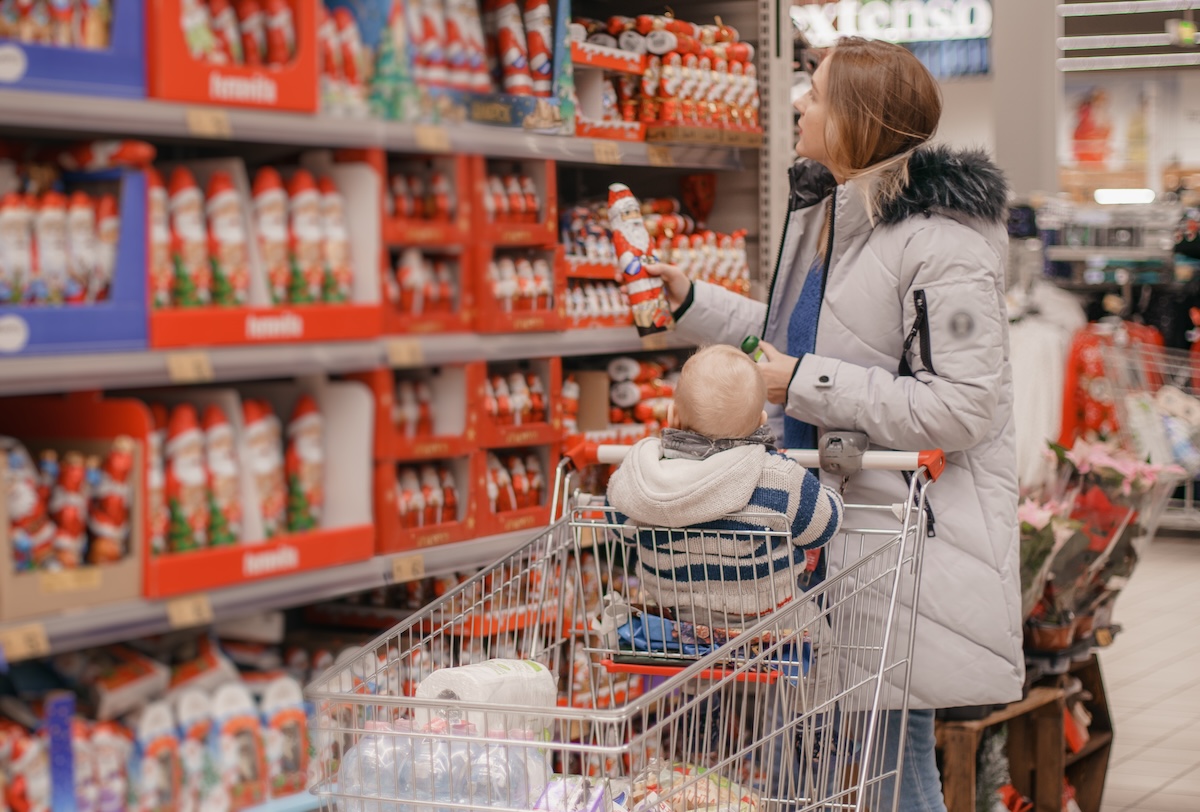
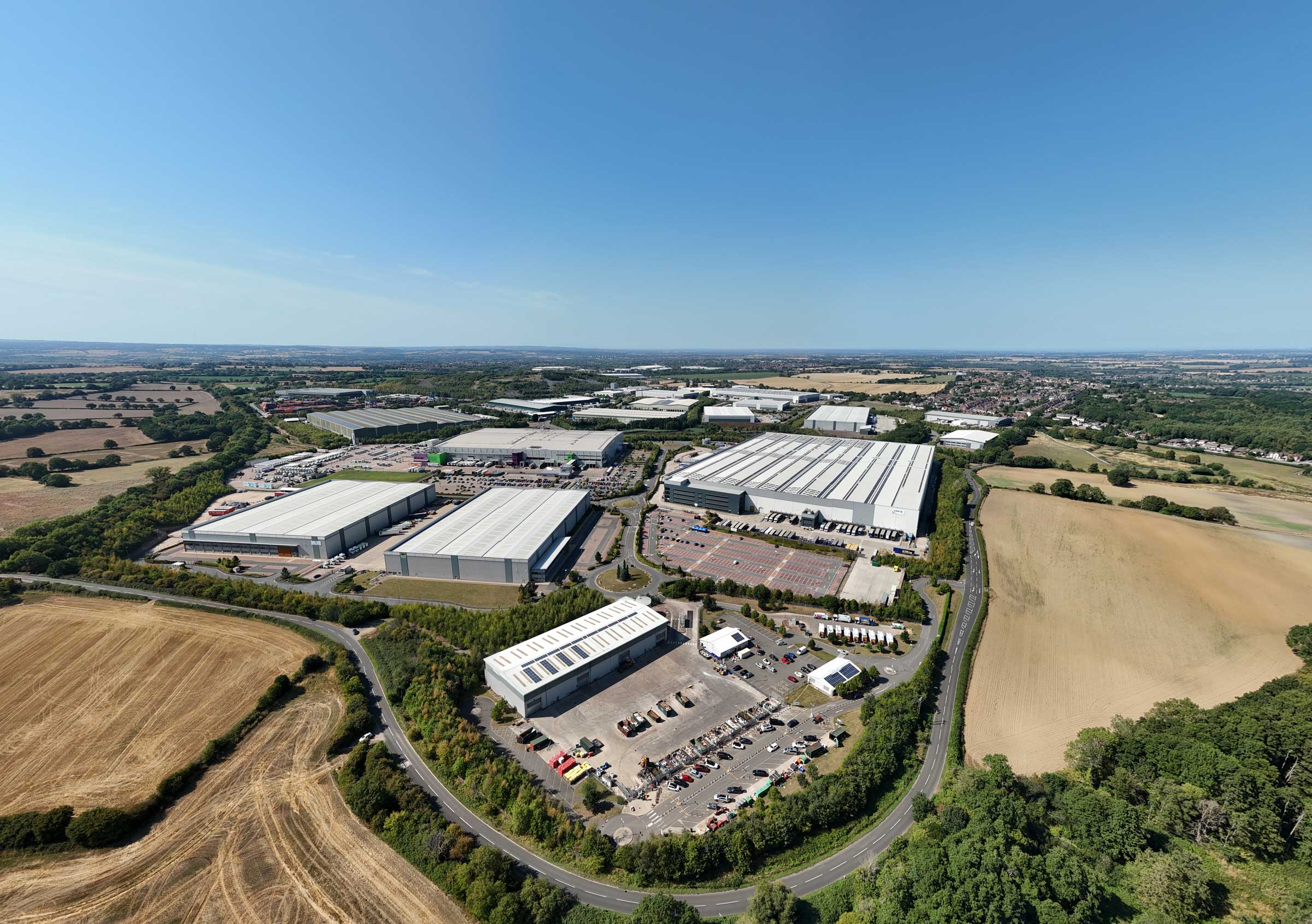

.svg)

.svg)
.svg)